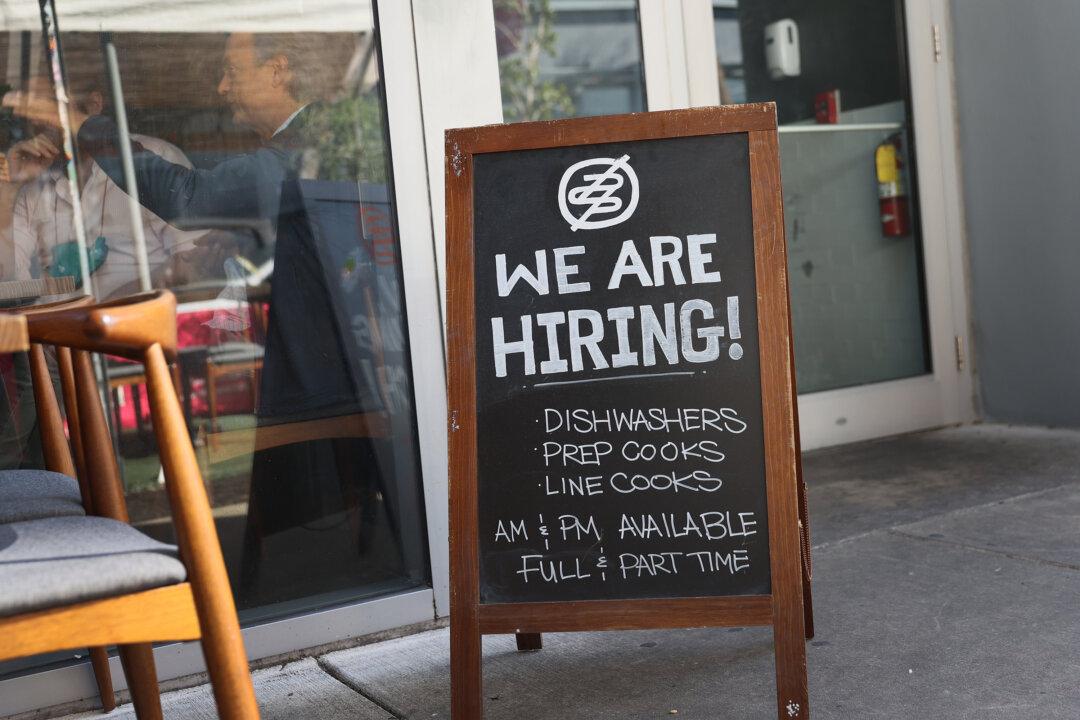This week, Indiana, Oklahoma, and Texas joined 19 other Republican-led states moving to drop the $300 weekly federal jobless benefit boost in a bid to encourage the unemployed to get back to work amid sky-high levels of job openings and business hiring woes.
The move by the three states to opt out of the $300 top-up—which was part of President Joe Biden’s $1.9 trillion American Rescue Plan—brings the number of states to do so to 22.





